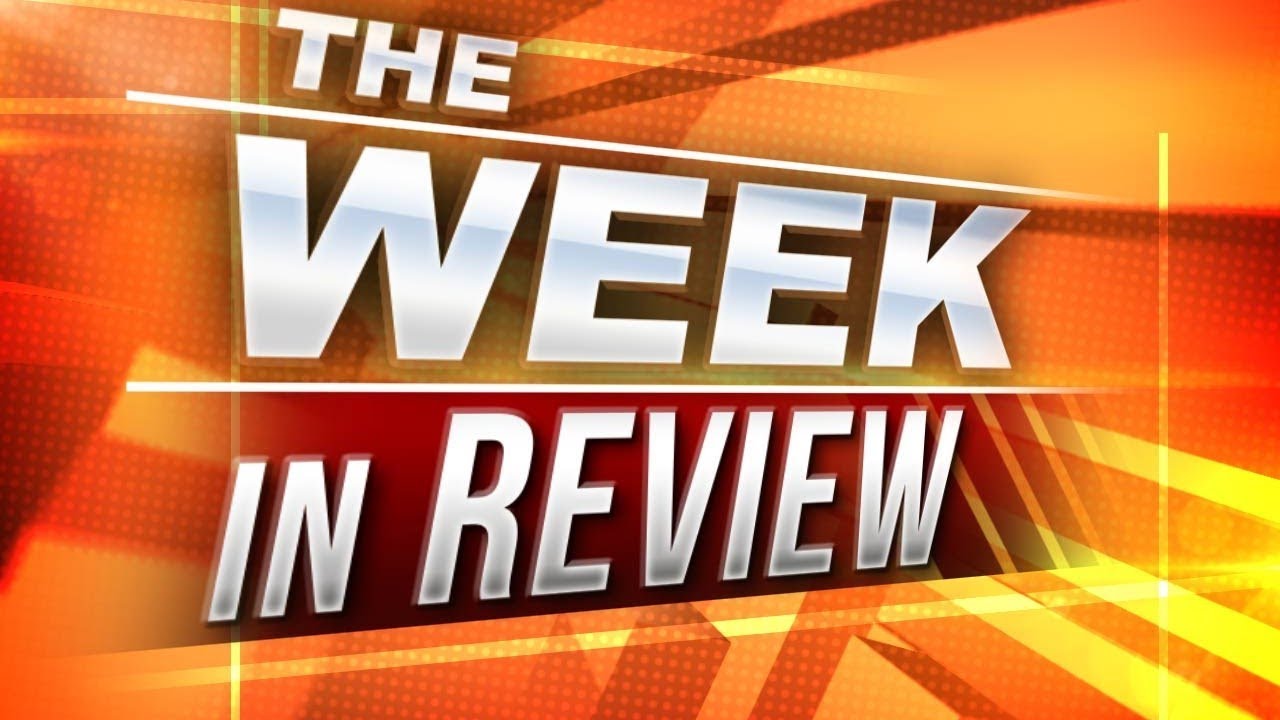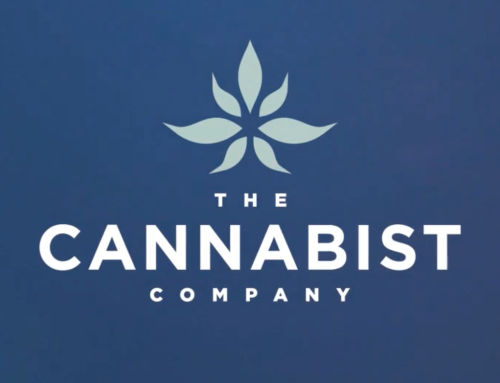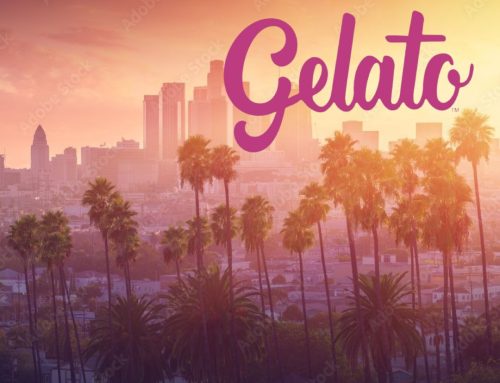Week in Review: Cannabis & Psychedelics Industry Highlights
LOS ANGELES – Operators and investors in Cannabis and Psychedelics faced a week of sharp contrasts. Federal action ended the longest government shutdown on record, yet it delivered a body blow to hemp-derived products that could reshape supply chains and consumer access.
Big Pharma doubled down on psychedelic innovation with a blockbuster deal, while MSOs posted quarterly numbers that underscore resilience amid pricing pressures. State-level momentum in Florida offered a bright spot, even as public opinion surveys hinted at fatigue. This roundup captures the week’s top developments, blending hard data with strategic insights for those maneuvering through federal challenges and market opportunities.
Congress cleared a stopgap spending measure, averting deeper economic fallout from the 43-day shutdown while embedding restrictions on intoxicating hemp products. The provision, backed by President Trump, redefines hemp to encompass total THC content beyond delta-9 limits, effectively targeting edibles, vapes, and beverages with more than 0.4 milligrams of THC per serving. Industry estimates peg the at-risk market at $28 billion annually, with up to 95% of businesses facing closure by November 2026 unless states intervene. Kentucky Senator Rand Paul led a floor fight to strip the language, arguing it overrides responsible regulations in 23 states and drives consumers underground, but the effort fell short 78-22. Hemp advocates decry the move as a win for alcohol lobbyists and legacy Cannabis players wary of low-cost competition, yet it spotlights the need for targeted enforcement against synthetics rather than broad prohibitions. Farmers who pivoted to hemp during commodity slumps now scramble for alternatives, with groups like the U.S. Hemp Roundtable pushing for exemptions on non-intoxicating CBD lines. This federal pivot demands quick adaptation [think diversified cultivation or interstate advocacy coalitions] to safeguard jobs and tax revenue.
Pharmaceutical heavyweight AbbVie threw its weight behind psychedelic therapeutics, disclosing a $900 million upfront payment to partner on bretisilocin, a next-generation ibogaine analog targeting treatment-resistant depression and opioid use disorder. The deal, one of the largest in the space, validates bretisilocin’s cleaner safety profile over traditional ibogaine, which carries cardiac risks. Early Phase 1 data showed rapid symptom relief with minimal side effects, positioning it for accelerated trials by mid-2026. Wall Street took note, with AbbVie’s stock ticking up 2% on the announcement. This infusion signals pharma’s growing conviction in psychedelics as a $10 billion-plus market by 2030, especially after FDA nods to breakthrough designations. For developers, it sets a benchmark: focus on analogs with broad applicability to attract deep-pocketed backers and sidestep the regulatory hurdles that have stalled pure ibogaine projects.
Verano Holdings rolled out Flower by Edie Parker in Florida’s medical market, enlisting rapper JT for a high-profile campaign that blends street cred with premium branding. The debut features curated strains in sleek packaging, priced at $40-60 per eighth, aiming to capture urban consumers seeking elevated experiences. JT’s involvement, through custom playlists and in-store activations, dovetails with Verano’s push into lifestyle marketing, echoing successes in Illinois and New Jersey.
Glass House Brands delivered Q3 earnings reflecting operational discipline, with revenue climbing 12% year-over-year to $62 million on stronger California wholesale volumes. Gross margins held at 42%, bolstered by yield improvements at its Monrovia facility, though net losses narrowed to $8 million from debt servicing. CEO Graham Farr highlighted expansions into infused products, which jumped 28% and now account for 35% of sales. Amid wholesale price floors stabilizing at $800 per pound, the company eyes 20% EBITDA growth in 2026 via vertical integration. These figures reinforce a trend: mid-tier cultivators thriving on efficiency, not volume, in mature markets. Investors value such plays at 6-8x forward earnings, a bargain against tobacco peers.
Planet 13 Holdings saw Q3 revenue slide 5% to $34 million, pressured by Nevada’s recreational slowdown and higher compliance costs post-tax audit. Adjusted EBITDA turned positive at $2.1 million, up from a loss, thanks to cost cuts and a 15% boost in accessories sales. The company advanced its Florida entry via MedWell acquisition, targeting Q1 2026 launch with 10 dispensaries. CEO Bob Egge emphasized digital pivots, like app-based loyalty programs driving 20% repeat traffic. While shares dipped 3% on the print, analysts see upside in Planet 13’s experiential retail model [think Vegas-style consumption lounges] as states like New York loosen rules. At current valuations under 4x sales, it remains a speculative buy for expansion bets.
Florida’s Division of Elections certified signatures for the adult-use ballot initiative, ending a legal snag and locking in a November 2026 vote. Backers collected 1.2 million valid petitions, surpassing the 891,000 threshold despite opposition from Gov. DeSantis. The measure proposes 30% excise taxes funding conservation, with projections of $500 million in annual revenue. Trulieve, the lead funder with $50 million committed, stands to gain from its 100-store footprint. This breakthrough revives momentum after the 2024 amendment’s narrow miss at 55.9% support. With national polls at 70% approval, passage could add $1.5 billion in taxable sales by 2028, pressuring holdout states to follow. Stakeholders should prep for hybrid models: medical infrastructure fueling rec ramps.
Gallup’s latest survey marked the first decline in Cannabis legalization backing since 2013, dropping to 68% from 70%, with opposition rising among independents to 28%. Researchers tie the shift to overdose fears and youth exposure concerns, even as medical use holds at 88% favorability. The poll, fielded November 1-18, captured reactions to hemp restrictions, with 45% of respondents unaware of the shutdown bill’s fallout. This dip underscores messaging challenges: emphasize regulated access over unchecked growth to rebuild trust. For advocates, it’s a call to highlight data [zero Cannabis OD deaths versus alcohol’s 178,000 annually] to counter narratives.
New York’s Office of Cannabis Management issued updated guidelines on packaging, labeling, and advertising, mandating child-resistant designs and potency warnings effective January 1, 2026. The rules ban cartoonish graphics and require QR codes linking to lab results, aiming to curb appeal to minors while boosting transparency. Fines for violations start at $5,000, with repeat offenders facing license suspension. Dispensaries like RISE report 10% compliance costs but project 5% sales lifts from trust-building features. These standards align with California’s model, potentially setting a template for emerging markets. Brands gain an edge by investing early in compliant creatives that educate without alarming.
Rubicon Organics locked in $4 million in financing to upgrade its Delta, B.C., facility, focusing on automation for organic cultivation. The debt facility, at 8% interest, funds HVAC enhancements and LED retrofits expected to cut energy use 25% and boost yields 15%. CEO Penni Green called it a step toward scaling premium flower for U.S. exports once borders open. With Q3 sales up 18% to CAD $12 million, Rubicon trades at 5x EBITDA, appealing to ESG-focused funds. This move highlights a broader play: sustainability as a moat in commoditized segments.
Auxly Cannabis Group’s subsidiary ANTG signed a supply pact with Curaleaf to deliver 500 kilograms of medical flower annually to U.K. patients, starting Q1 2026. Priced at £4 per gram, the deal targets chronic pain and anxiety segments, leveraging Curaleaf’s 50-clinic network. ANTG’s GMP-certified strains promise 20% THC potency with terpene profiles for efficacy. Amid U.K. imports hitting £100 million yearly, this positions North American growers to claim 15% share. Expect ripple effects: similar tie-ups accelerating EU access for U.S. operators.
Tilray Brands refreshed its investor deck, detailing a three-pronged strategy: Cannabis core, beverage synergies, and international psychedelics. Q3 Cannabis revenue rose 22% to $85 million, offset by beer segment flatness, yielding 8% overall growth to $200 million. CEO Irwin Simon projects 25% CAGR through 2028 via acquisitions like brewing assets and German rec licenses. The deck flags $300 million in cash for bolt-ons, with psychedelics R&D at 10% of spend. Trading at 1.2x sales, Tilray embodies the conglomerate bet – diversify or die in fragmented regs.
Argent BioPharma drew AU$11 million in bridge funding to seal its acquisition of AusCann’s assets, including a 20-hectare Queensland grow op and export permits. The $25 million total buyout adds 50 tons of annual capacity for medical exports to Europe. CEO Matt Cantelo eyes breakeven by 2027, with margins at 35% on high-CBD lines. This consolidation wave in Australia [post-reform] mirrors U.S. MSO rollups, favoring vertically integrated players with off-take deals.
These developments paint a sector under pressure yet pulsing with potential. The hemp clampdown stings, but it accelerates calls for full descheduling, where Schedule III status could unlock $4 billion in tax refunds and banking flows. Psychedelics’ pharma embrace promises clinical breakthroughs, drawing capital that spills into Cannabis R&D. Public wobbles demand sharper advocacy, framing reform as public health wins. Stakeholders who adapt fast, from lobbying for hemp carve-outs to chasing branded niches, will emerge stronger. The path forward favors the bold: invest in compliance, innovate on wellness, and build coalitions that turn policy friction into competitive fuel. Forward momentum awaits those who seize it.




































